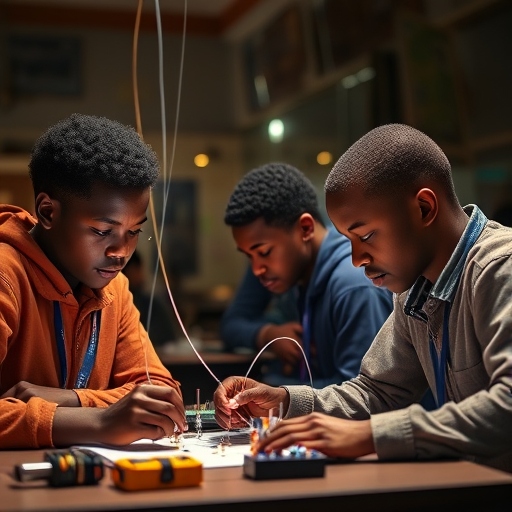Meiosis is a specialized type of cell division that reduces the chromosome number by half, producing haploid gametes (sperm and egg cells) in animals and spores in plants. It occurs in two stages: Meiosis I and Meiosis II. Key events include chromosome pairing, crossing over, independent assortment, and separation of homologous chromosomes, ensuring genetic variation in sexually reproducing organisms. Unlike mitosis, which produces identical cells, meiosis creates genetically unique gametes, a crucial factor in evolution and adaptation.








